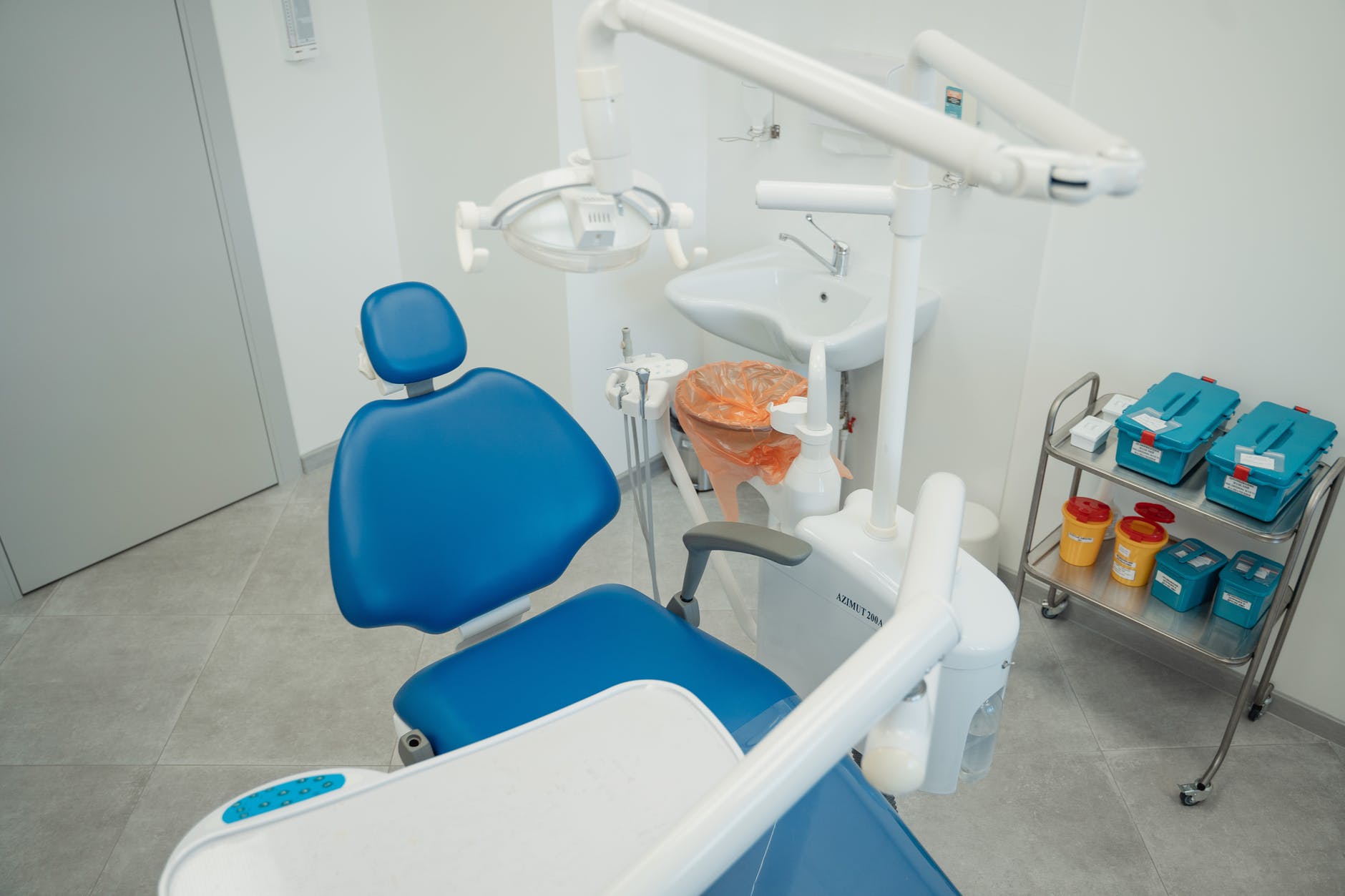20 Apr, 2023 | Emily | No Comments
Can Invisalign Braces Fix Your Overbite or Underbite? How Orthodontic Clinics are Helping Adults Smile with Confidence!

There’s no denying that a beautiful and confident smile has the power to make a lasting impression. With Invisalign braces for adults becoming increasingly popular to straighten teeth, many are exploring the possibility of correcting overbites and underbites using this innovative orthodontic treatment.
In this comprehensive article, we’ll discuss the effectiveness of Invisalign braces for different bite issues and discover how orthodontic clinics are helping adults achieve the perfect smile!
Understanding Overbites and Underbites
Before we delve into the specifics of Invisalign treatment, it’s essential to understand the difference between overbites and underbites. An overbite occurs when the upper teeth protrude in front of the lower teeth when biting down, while an underbite is the opposite, with the lower teeth positioned in front of the upper teeth. Both conditions can lead to oral health issues, such as jaw pain, tooth wear, and even difficulties with speech or eating.
How Invisalign Braces Work
Unlike traditional braces, Invisalign uses a series of custom clear aligners to move and adjust your teeth to their desired position gently. The treatment process involves wearing each set of aligners for about 20 to 22 hours per day, changing to a new set every one to two weeks. Adults seeking Invisalign treatment can obtain these aligners at an orthodontic dental clinic, where they’ll also receive guidance on timelines and care throughout their treatment.
While the duration of Invisalign treatment varies depending on the severity of the bite issues and patient compliance, adults generally face a longer treatment period than children or teenagers due to their fully developed jawbones.
Invisalign Braces for Adult Overbites
Invisalign braces have demonstrated success in correcting mild to moderate overbites in adults. The aligners apply gentle pressure over time, gradually shifting the teeth to an ideal position. However, orthodontists may also recommend using rubber bands in conjunction with the aligners to achieve the desired results. These rubber bands help provide extra force for more complex overbite cases.
Once the active phase of Invisalign treatment is complete, it’s crucial to wear a retainer consistently. Retainers prevent the teeth from shifting back to their original position and help maintain the results of Invisalign treatment.
Invisalign Braces for Adult Underbites
Correcting underbites with Invisalign braces depends on the severity of the condition. While Invisalign can effectively treat mild underbites, more severe cases may require alternative treatments, such as braces or oral surgery. Still, orthodontic clinics strive to provide the best possible care for adults seeking to correct underbites using Invisalign braces for adults.
Like overbites, consistent retainer use is essential to maintain long-lasting results for underbites treated with Invisalign braces.
Braces Vs. Invisalign for Overbites and Underbites
A professional consultation is crucial when considering whether braces or Invisalign are the right choices for your overbite or underbite. Factors such as your condition’s severity, age, and lifestyle may affect the treatment’s effectiveness. Orthodontic clinics aimed at providing the best possible care will help you weigh the pros and cons of each treatment and develop a personalized plan tailored to your specific needs.
While Invisalign provides advantages such as aesthetic appeal, comfort, and convenience, traditional braces may offer more control and force when correcting severe bite problems. The bottom line is to trust your orthodontist’s advice to determine the most effective treatment option for you.
Orthodontic Clinics for Adults: What to Expect
When visiting an orthodontic clinic that offers Invisalign treatment for adults, you’ll face a few steps. After assessing your dental records and X-rays to determine the severity of your overbite or underbite, the orthodontist will discuss available treatment options and provide personalized guidance on timelines and care during each step of the process.
After treatment is complete, you’ll also receive detailed information regarding expected results, follow-up visits, and retainer use. Click this link here to learn more about adult braces.
Dental Insurance Coverage and Payment Plans
Cost is often a significant concern when considering orthodontic treatment. Dental insurance may cover some expenses for Invisalign braces, so checking your coverage before starting treatment is essential. Additionally, many orthodontic clinics offer flexible payment plans to help spread the cost throughout the treatment. Discussing these options with your orthodontist can help you better understand the financial aspects of your Invisalign journey.
Factors Affecting Invisalign Treatment Success
The success of your Invisalign treatment depends on several factors, including proper compliance with wearing the aligners as directed. A commitment to regular check-ups and adjustments at the orthodontic clinic is also crucial for timely and effective treatment progress. Additionally, if your orthodontist recommends using rubber bands, wearing them consistently and accurately is essential for achieving the desired results.
The Cost of Invisalign Treatment for Adult Overbites and Underbites
In comparison to traditional braces, Invisalign braces tend to be more expensive due to their advanced technology and custom aligners. While the cost of Invisalign treatment ultimately depends on the complexity of your case and the orthodontic clinic you choose, it is essential to explore your insurance coverage and available payment plans to ensure a stress-free treatment experience.
Post-Treatment Care and Retaining Results
Once your Invisalign treatment journey ends, it’s crucial to maintain your new smile with diligent post-treatment care. Wearing retainers as directed by your orthodontist helps preserve the corrected alignment of your teeth. Additionally, continuing a thorough oral hygiene routine and scheduling regular dental check-ups contributes to the longevity of your improved bite and smile.
Conclusion
Invisalign braces can potentially correct adult overbites and underbites, opening doors to increased confidence and improved oral health. However, the success of the treatment largely depends on individual factors, compliance, and professional care at orthodontic clinics. By conducting thorough research, seeking expert advice, and committing to a comprehensive treatment plan, you can embark on the journey toward a winning smile with Invisalign braces.
